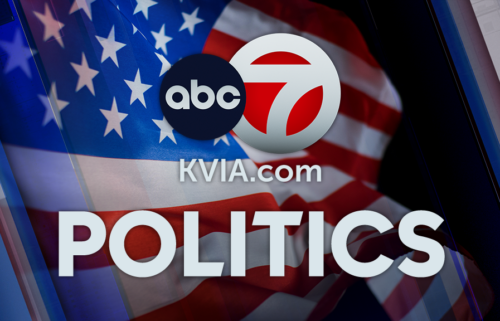It’s official: Political Twitter is a partisan hellscape

Political Twitter is a wasteland of partisan sniping wholly unreflective of the country as a whole.
(That’s long been my personal opinion. But now there’s lots and lots of data to back that view up. Hooray!)
An extensive Pew study of the 22% of Americans who use Twitter even semi-regularly makes clear just how much a small number of deeply partisan people control the conversation in the political corners of Twitter.
Two findings from the Pew survey stand out.
1) “97% of tweets from US adults that mentioned national politics over the study period came from just 10% of users.”
2) “Taken together, strong disapprovers and strong approvers of Trump generate 97% of all tweets mentioning national politics from US adults on Twitter.”
So, not only do a very small number of people who use Twitter — 10%! — create almost all of the political content on the site, but that small number is almost entirely comprised of people who feel very strongly one way or another about President Donald Trump. And remember: We are only talking about 1 in every 5 Americans who even use Twitter at all!
(For much more on how Pew broke down the numbers, click here.)
These facts don’t make Twitter itself bad. In fact, I still believe deeply in the power of the platform and founder Jack Dorsey’s commitment to trying to make it a less toxic place — especially in the media/political world. (To that end: Dorsey’s conversation with Ringer founder Bill Simmons earlier this year is worth a listen.)
But what the Pew study reinforces is that Twitter isn’t reflective of much other than what hardcore political partisans believe about the daily goings-on in the White House, Congress and beyond. Which, again, isn’t necessarily a bad thing. It’s important to know how partisans view things! And Twitter is, without question, a window into that world.
What’s important, however, is to understand what Twitter isn’t too. It isn’t the voting public. And it’s certainly isn’t the American public.
Might it be one day? I suppose? As phones become even more ubiquitous, faster and more sophisticated in how information is delivered, I do think there’s a possibility that Twitter becomes what Dorsey and the original Twitter employees envisioned it as: A dynamic and powerful communication tool that can connect anyone in the country or the world to the powerful and influential — and vice versa.
That day isn’t today, however. For now, Twitter remains the domain of the uber-partisans, fruitlessly fighting their verbal battles in 280 characters or less.




